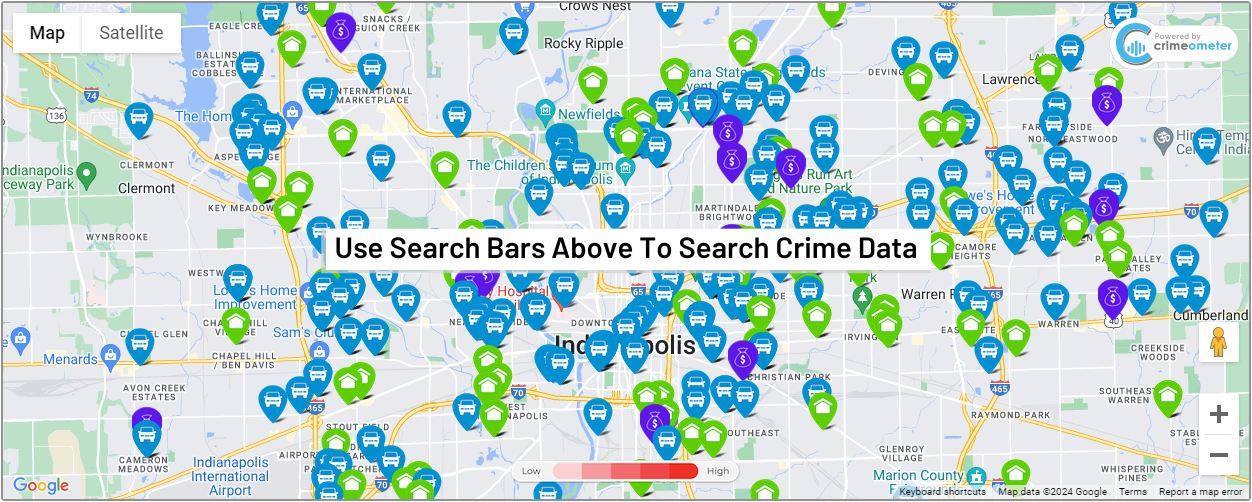Indiana chief justice to lead national opioid task force
INDIANAPOLIS (WISH) — The Indiana Supreme Court chief justice will co-chair an interstate task force centered around the nation’s growing opioid epidemic in an effort, she says, that could benefit Hoosiers and other Americans alike.
The Conference of Chief Justices and the Conference of State Court Administrators organized the task force at their recent annual conference and asked Chief Justice Loretta H. Rush to co-chair along with the Tennessee State Court Administrator Deborah Taylor Tate. Rush and Tate will lead discussions and create action items with a group of justice leaders from Iowa, New Mexico, Vermont, Ohio, Kansas and Nebraska.
Rush, who comes from a background in child court cases, said the epidemic is devastating.
“The courts are just flooded with these cases,” she said. “And it’s not just the criminal cases, it’s the child that has to go into foster care. We’ve quadrupled the kids in foster care in short period of time.”
Abuse of heroin, morphine and prescription pain medications has overwhelmed the courts and caused a myriad of problems in the health care industry and foster care system. Rush said it’s like we’re losing an entire generation to these types of drugs.
“You see pictures of the parent overdosed on heroin with their child crying right next to them. It’s traumatic,” she said.
Chief Justice Rush also said, although the opioid epidemic affects all living generations, several of her goals for the task force center around the welfare of children.
“For example, you have a child who’s removed from the home, maybe there’s a meth lab or something and Grandma lives across the river in Kentucky. How can we get that child over there without waiting months and months and months to get it done?” Rush said. “With this being a national task force, you take some of the strategies that are working across the states, and bringing those together so you’ve a blueprint nationally for how to stop this crisis.”
With a Hoosier at the helm of this task force, stories from several Indiana counties could lead discussions. Rush commented on the progress made by Johnson County, which has seen a 37 percent decrease in the crime rate since implementing new anti-opioid procedures in 2012.
“We go really hard after drug dealers, we make arrests all the time, we do undercover operations, we do roundups to get as many off the streets as they can, put them in prison so they cant deal their poison to anybody else,” said Brad Cooper, Johnson County prosecutor, while sitting in his office papered with press articles covering recent drug arrests in his jurisdiction.
“We’ve taken drug dealers off the street so people can’t get to the heroin unless they go somewhere else for it, and we’ve been taking the people that are addicted and running through recovery court, assessing them, and trying to get them the services they need to get off of heroin,” he continued.
Cooper also described his policy on banning needle exchange programs in the county and only treating patients with nonnarcotic regimens. He said his experience with narcotics goes back further than his career as an elected official.
“My sister was a high school softball player and she had a back injury and they treated her back injury with pain medications, which she then became addicted to,” he said. “As her addiction grew and she wasn’t able to get enough pain medications to feed her addiction, she wound up getting some heroin and she took it and overdosed and died.”
That experience, one year before he was elected as prosecutor, prepared him to help Johnson County become a leader in opioid addiction recovery programs.
“We saw this coming. I knew the story of my sister and I knew this was going to happen to other kids.”
In 2012, Johnson County began to aggressively arrest drug dealers, send arrested addicts to rehab and employ a patient prescription database. Cooper said thanks to that, the crime rate in Johnson County has since dropped by 37 percent.
Rush called Johnson County’s efforts “cutting-edge” and said her first agenda item with the national task force is to hear what’s working in our country.
“Get all the task forces that are state by state, or plans, get them together, overlap them and see where our gaps are,” she said.
The first in-person meeting of this task force is set for Nov. 13 in Washington, D.C.





